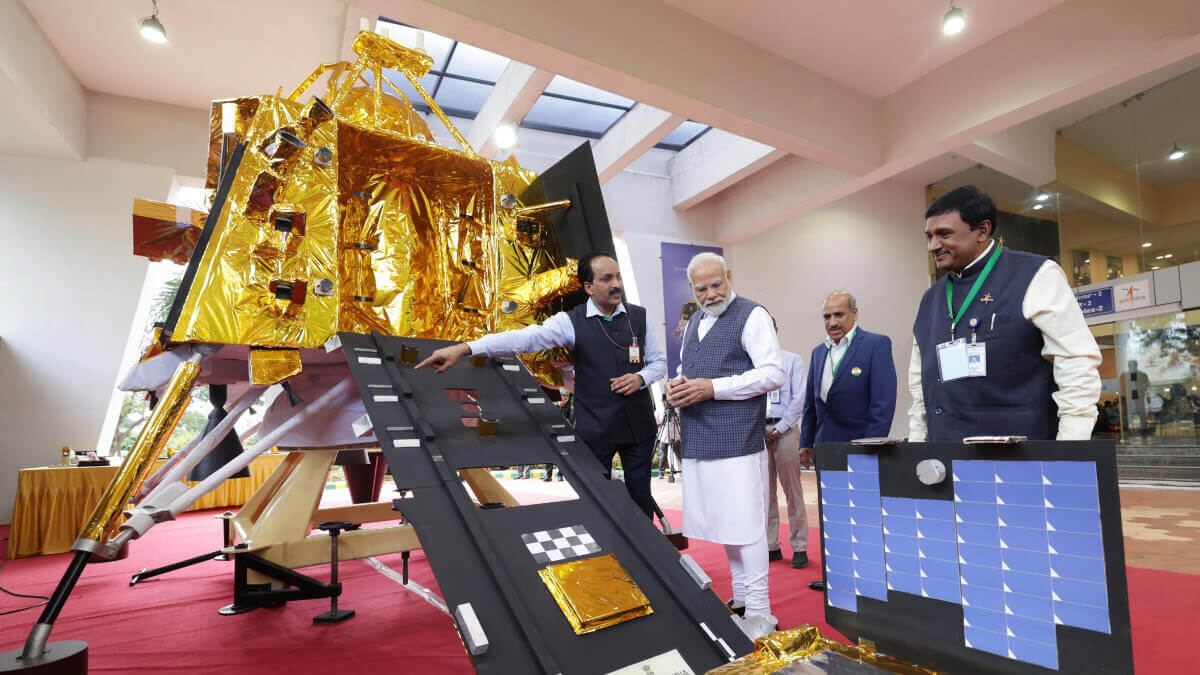Saudi Arabia and India signed around 50 memoranda of understanding and agreements to strengthen bilateral economic cooperation in several sectors, including investment, new technologies, entrepreneurship, chemicals, energy, manufacturing, water desalination and anti-corruption, on the sidelines of the Strategic Partnership Council in New Delhi, in the presence of the Heir to the Throne of Riyadh, Mohammed bin Salmanand Indian Prime Minister Narendra Modi. The signing of the agreements is part of the India-Middle East-Europe Economic Corridor initiative. (Imec)announced during the G20 summit in India. The agreements include the letters of intent between the Saudi Exim Bank (Saudi Bank for Imports and Exports) and the Indian counterparty and between the SME Bank (the Saudi Bank for small and medium-sized enterprises) and its Indian banking counterpart. In addition, the Saudi Ministry of Investment announced the upcoming opening of its own office in India to closely monitor the direct investment procedures of Indian companies in the Kingdom. Moreover, the Saudi Ministry itself announced that negotiations are underway for an agreement that will see the creation of a “bridge for venture capital and start-up financing.” The agreements signed yesterday are also part of the strategic partnership that the two countries signed in 2019 with the establishment of the India-Saudi Arabia Strategic Partnership Council.
India and Saudi Arabia have signed a memorandum of understanding on energy cooperation. The scope of cooperation includes renewable energy, energy efficiency, hydrogen, power grid interconnection, oil, natural gas, strategic oil reserves and energy security. The parties commit to promote investments in these sectors and in technologies aimed at reducing the impacts of climate change, such as carbon capture and storage. In addition, they aim to advance digital transformation, innovation, cybersecurity and artificial intelligence in the energy sector. Finally, India and Saudi Arabia will seek to develop qualitative partnerships for materials, products and services related to all energy sectors and strengthen cooperation between specialized companies. The agreements include one on seawater desalination between India's National Institute of Technology and Saudi Arabia's Saline Water Conversion Corporation. A cooperation protocolThe relevant ministries are working on digitization and electronic production, while the Indian National Archives and the Saudi King Abdulaziz Foundation have worked together in the archives sector. Finally, a cooperation framework was defined to strengthen bilateral investments.
At meetingsThe parties reiterated that cooperation in the field of energy is the pillar of the strategic partnership and committed to strengthening cooperation in information and communication technologies and digital economy, health, defense and security. They also stressed the importance of promoting direct and indirect investments in all areas and exploring cooperation opportunities in financial technology and payment systems; promoting trade and tourism; further developing the transport and logistics sector. Regarding climate change, compliance with the principles of the United Nations Framework Convention on Climate Change and the Paris Agreement was reiterated. Finally, the importance of food security for both countries was highlighted. Modi and Mohammad bin Salman also discussed regional and international issues, including resolving the crisis in Yemen, finding peace in the Middle East and stabilizing Afghanistan.
In New DelhiThe Saudi heir to the throne said: “We are working hard to implement the India-Middle East-Europe Economic Corridor, which “represents the culmination of what has been developed in recent months.” The signing of the memorandum of understanding on the economic corridor took place on the sidelines of the ongoing G20 summit in New Delhi, India. According to Mohammed bin Salman, the project “will realize the common interests of the two countries by strengthening economic interdependence, which will have a positive impact on partners from other countries and the global economy in general.” The economic corridor will contribute to “developing infrastructure, including railways and connecting ports, improving the movement of goods and services, improving trade among stakeholders, expanding electricity and hydrogen pipelines to improve energy supply to global networks, as well as cables to transmit data across global networks. a very efficient and reliable cross-border network,” the Saudi prince explained.
Read other news on Nova News
Follow us on Nova News social networks Facebook, Twitter, LinkedIn, Instagram, telegram

“Reader. Unable to type with boxing gloves on. Certified beer ninja. Devoted web maven. Subtly charming twitter scholar.”







